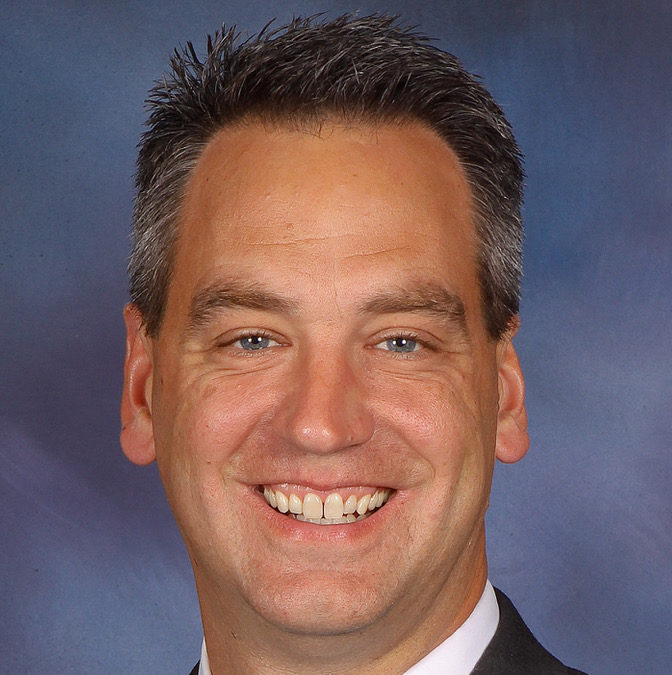
Coronavirus school closures and the shift to online learning could be the worst thing to ever happen to schools, the best thing, or somewhere in between, says one superintendent.
To nudge the scale towards ‘best,’ any and all innovations teachers and administrators make during months of online learning should become permanent practice going forward, says Randal A. Lutz, superintendent of the Baldwin-Whitehall School District near Pittsburgh.
“We’ve been trying to change school for hundreds of years and spending millions of dollars to improve how kids learn,” Lutz says. “Over the last several weeks we’ve been able to change faster than we’ve been able to do in the last 300 years.
“Schools should never go back to the way they were before,” Lutz says.
More from DA: K-12 leaders gaining some flexibility over budgets
Online learning platforms can excel at giving students a wider variety of learning formats and extend learning time.
Due to coronavirus travel restrictions, one student in his district had been unable to return to the U.S. after going to gone to visit family in Nepal. The student’s teachers reached out and have been able to provide instruction online, Lutz says.
“Many people might think younger kids are not developmentally ready to learn online,” Lutz says. “But it’s amazing what is appropriate and what kids can adapt to.”
[VIDEO: Baldwin-Whitehall school district middle School physical education teacher Samantha Kuharic has been making videos to help students keep active while they’re at home.]
Educators are also rethinking grading in this online learning era. In districts that continued right away with normal, rigorous grading of online assignments, students have already begun to burn out, Lutz says.
Baldwin-Whitehall educators gave students two weeks to get comfortable with the shift and ensure everyone could connect to online instruction.
Teachers then reviewed content for the enrichment, and administrators are now considering pass/fail options as new subjects are introduced to students, Lutz says.
“Teachers also are spending portions of their day not in academic endeavors but just having conversations with students in Goole hangout or by phone,” Lutz says. “Everyone’s world has changed, so we can’t just be trudging along with six hours of instruction.”
More from DA: How to block ‘Zoom bombing’ and protect student privacy online
DA’s coronavirus page offers complete coverage of the impacts on K-12.







